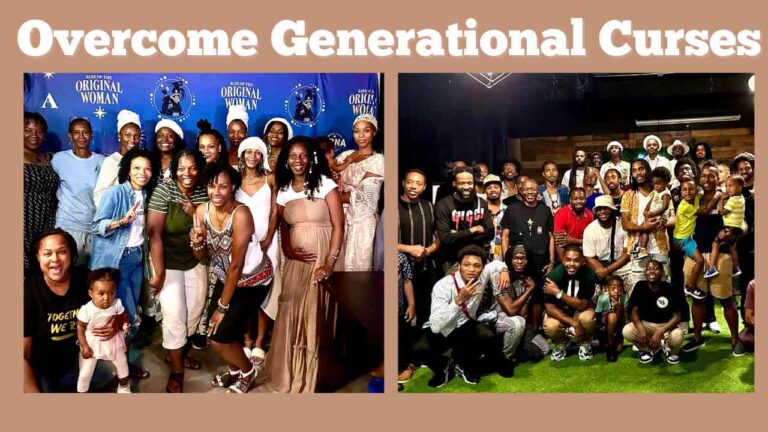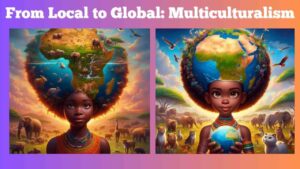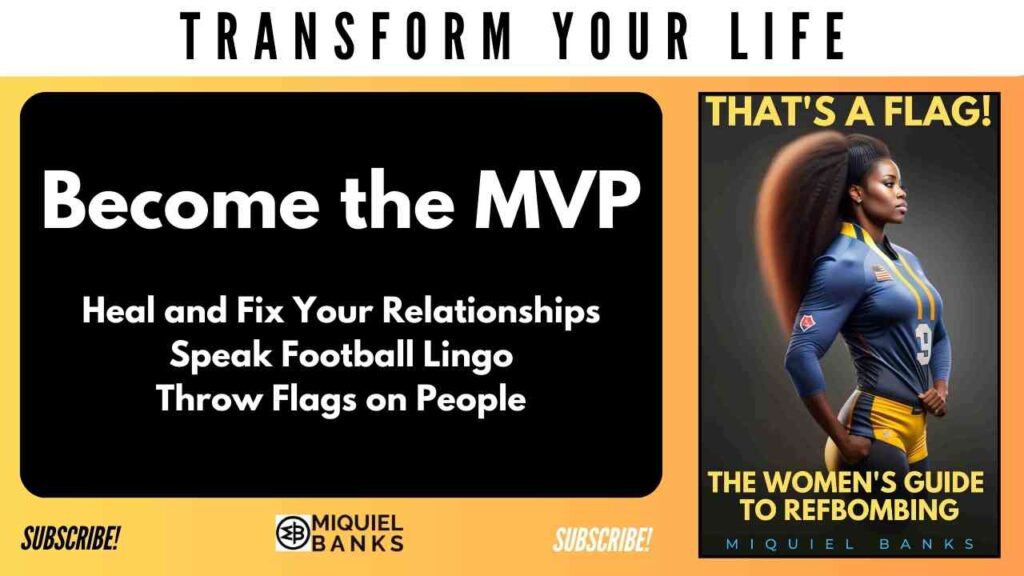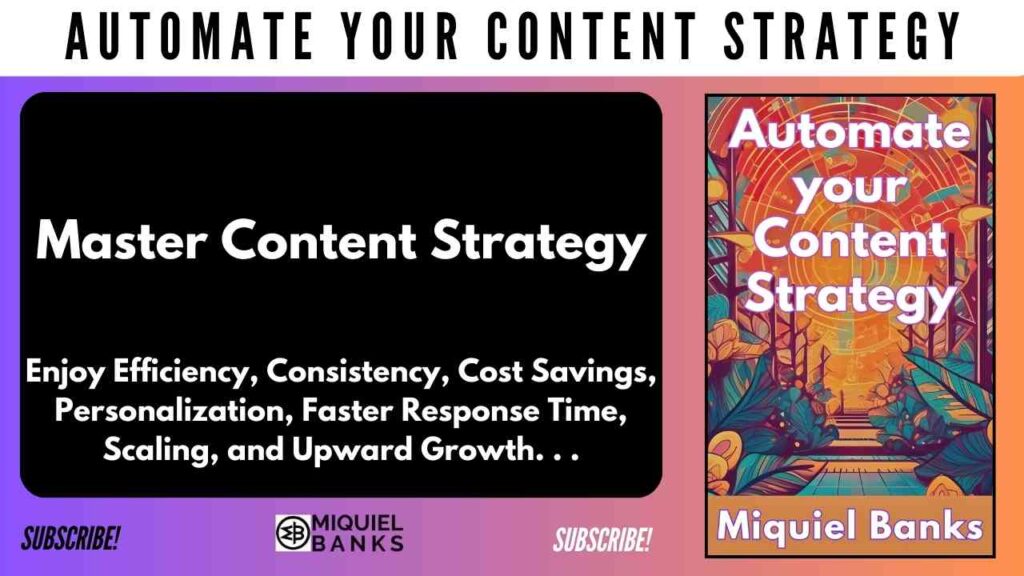Introduction
In a world where manipulation and blind allegiance often dictate the flow of human interaction, Hip Hop culture emerges as a potent force of empowerment and liberation.
This vibrant and dynamic cultural movement not only serves as an artistic expression but also as a guiding beacon for those seeking to navigate the murky waters of deceit crafted by scammers and the unquestioning compliance of followers.
By embracing the raw honesty and rebellious spirit inherent in Hip Hop, individuals can cultivate critical thinking and self-awareness, breaking free from the chains of generational exploitation.
In this Blog Post, we delve into how Hip Hop culture provides the tools and inspiration necessary to challenge the status quo, encouraging a path toward authenticity and resilience.
The Scammers' Deceptive Web
Scammers operate by exploiting trust, weaving intricate webs of deceit that often go unnoticed until significant damage is done.
They are masters at crafting illusions, presenting false promises and deceptive narratives that lure individuals into a false sense of security.
This manipulation is not only a personal betrayal but also a societal issue, as it erodes the foundational elements of trust and reliability in our communities.
Scammers utilize a variety of tactics, from emotional manipulation to sophisticated schemes that prey on vulnerabilities.
Their actions create an environment rife with suspicion and cynicism, hindering genuine connections and fostering a culture of fear.
Understanding their methods is crucial to dismantling their influence.
By shining a light on these deceptive practices, individuals can arm themselves with awareness and discernment, key elements in breaking free from the traps set by scammers.
Hip Hop culture, with its emphasis on authenticity and truth, offers powerful insights into resisting such deceit.
Followers in the Cycle of Complacency
Followers often find themselves caught in a cycle of complacency, accepting the status quo without question.
This passive acceptance can perpetuate exploitation and manipulation by scammers.
Followers may lack the critical thinking necessary to challenge deceptive practices, leading to a perpetuation of harmful cycles.
This mindset is characterized by a reliance on external validation and an aversion to confrontation.
Such behaviors contribute to an environment where deception thrives, as followers may unwittingly reinforce the systems of manipulation.
However, breaking free from this complacency is possible through self-awareness and education.
Cultivating a mindset of inquiry and skepticism can empower individuals to question narratives and seek truth.
Hip Hop culture, with its roots in challenging authority and expressing individuality, serves as a powerful tool in transforming followers into critical thinkers.
By embracing the rebellious spirit of Hip Hop, followers can learn to navigate complex social landscapes, reclaiming agency and fostering resilience against deceit.
Hip Hop's Roots in Resistance
Hip Hop culture emerged as a form of resistance, born from the internal dreams and aspirations of marginalized communities.
Its roots lie in the need to voice dissent and challenge societal norms that perpetuate inequality and injustice.
From its inception, Hip Hop has been a platform for storytelling, giving a voice to those often silenced by mainstream narratives.
This culture thrives on authenticity, encouraging individuals to express their truths boldly and without fear.
Its elements—DJing, Graffiti, rapping, beatboxing, fashion, breakdancing, personal development, polymath development, cultural studies, schoolarship—serve as vehicles for expressing defiance and resilience.
Through these artistic forms, Hip Hop critiques social injustices and highlights personal and communal struggles while inspiring change.
It empowers individuals to question oppressive systems and imagine alternatives.
By embracing Hip Hop’s spirit of resistance, individuals can cultivate a deeper understanding of their own power to effect change, using art and creativity as tools for advocacy and self-expression in the face of adversity.
Voices of Change and Activism
Within Hip Hop, numerous artists have emerged as powerful voices of change and activism.
These artists use their platforms to address social injustices, challenge oppressive systems, and inspire collective action.
Figures like Outkast, Goodie Mob, T.I., Tupac Shakur, and Kendrick Lamar have crafted music that goes beyond entertainment, serving as rallying cries for social change.
Their lyrics often reflect the realities of marginalized communities, addressing issues such as racial inequality, police brutality, and economic disparity.
By doing so, they not only raise awareness but also encourage listeners to engage with these pressing issues critically.
Hip Hop artists often leverage their influence to spark conversations, mobilize communities, and advocate for policy changes.
Through their art, they foster a sense of solidarity and empowerment among listeners, urging them to become active participants in the fight for justice.
In this way, Hip Hop continues to be a transformative force, driving meaningful social change.
Discernment through Lyrics
Hip Hop lyrics serve as a powerful guide to cultivating critical thinking.
Many artists craft complex, thought-provoking verses that challenge listeners to engage with deeper issues.
This genre of music often includes commentary on social, political, and economic topics, encouraging audiences to question and analyze the world around them.
Through storytelling and metaphor, Hip Hop artists present narratives that expose systemic injustices and highlight personal struggles.
Listeners are invited to decode these messages, fostering skills in interpretation and reflection.
This process of lyrical analysis helps individuals develop a critical perspective on media and societal narratives.
Artists like Big Boi, 3 Stacks, Ceelo Green, Ludacris, Killer Mike, and Kendrick Lamar often incorporate historical and cultural references in their lyrics, prompting listeners to explore these contexts further.
By engaging with Hip Hop’s rich lyrical content, individuals can enhance their ability to think critically, question prevailing assumptions, and develop informed opinions, ultimately empowering them to navigate complex social landscapes with discernment.
Role Models in Hip Hop Culture
Within Hip Hop, numerous role models inspire individuals to take agency over their lives.
These artists not only succeed in their craft but also exemplify self-determination, resilience, and community involvement.
Figures like Big Boi, Ludacris, Killer Mike, Kendrick Lamar, and T.I. have transcended music, becoming influential entrepreneurs and philanthropists.
Their journeys reflect a commitment to personal growth and societal change, encouraging fans to pursue their own paths with ambition and integrity.
These role models often share their struggles and triumphs through their art, offering relatable narratives that resonate with listeners.
By showcasing their ability to overcome adversity and effect positive change, they inspire others to do the same.
Their stories highlight the importance of education, hard work, and strategic thinking, urging individuals to take control of their futures.
Through their influence, Hip Hop artists serve as catalysts for empowerment, motivating fans to become proactive in shaping their own destinies and contributing to their communities.
Embrace Your Self-Expression
Embracing individuality and self-expression is a core tenet of Hip Hop culture, offering a pathway to break free from generational chains.
In a society that often imposes conformity, Hip Hop encourages authenticity and unique self-representation.
Through fashion, music, dance, and art, individuals are empowered to express their identities boldly.
This culture celebrates diversity, allowing people to convey their personal stories and perspectives without fear of judgment.
By valuing self-expression, Hip Hop provides a platform for marginalized voices, challenging societal norms and inspiring others to embrace their true selves.
This act of self-liberation disrupts cycles of oppression, enabling individuals to redefine their narratives and reject limiting stereotypes.
Embracing individuality fosters self-confidence and resilience, critical components in overcoming systemic barriers.
As individuals connect with Hip Hop’s spirit of expression, they cultivate a sense of empowerment, paving the way for personal growth and social transformation, and ultimately breaking the chains of generational constraints.
Tethered to Mother Hip Hop
Tethering to Mother Hip Hop symbolizes a connection to a cultural force that nurtures empowerment and resilience.
This metaphorical tethering involves embracing the values and lessons embedded in Hip Hop culture, which serve as a guide through life’s challenges.
Hip Hop provides a sense of belonging and a community that supports individuality and self-expression.
By aligning with its principles of authenticity and rebellion against injustice, individuals can access a rich source of inspiration and motivation.
This connection acts as a protective anchor, offering wisdom from past struggles and triumphs, and equipping individuals with the tools to navigate their own paths.
Mother Hip Hop nurtures critical thinking, self-awareness, and the courage to stand against generational curses of exploitation and conformity.
By tethering to this cultural movement, individuals can foster personal growth, break free from limiting beliefs, and contribute to a legacy of empowerment and change, transforming both themselves and their communities.
Building a Culture of Awareness
Building a culture of awareness is essential for empowerment and societal transformation.
This involves fostering an environment where individuals are encouraged to question, analyze, and understand the world around them beyond surface-level impressions.
A culture of awareness emphasizes education, dialogue, and informed decision-making.
In the context of Hip Hop, this culture is nurtured through art that challenges traditional narratives and inspires critical discussion.
By engaging with diverse perspectives and experiences, individuals can develop a nuanced understanding of societal issues and their own roles within them.
Encouraging open conversations about topics such as inequality, identity, and power dynamics helps break down barriers and fosters empathy.
Awareness also involves recognizing and addressing implicit biases and systemic injustices that persist in society.
By cultivating this mindset, communities can move towards more inclusive and equitable practices.
Ultimately, a culture of awareness empowers individuals to make conscious choices, advocate for change, and contribute to a more just and informed society.
Foster a Community of Action
Fostering a community of action involves transforming awareness into tangible efforts that drive change.
This transformation requires collective engagement, where individuals unite to address common challenges and work towards shared goals.
In Hip Hop culture, community action is often sparked by initiatives that leverage creativity and collaboration to address social injustices.
By organizing events, workshops, and discussions, communities can mobilize resources and ideas to implement solutions that affect real change.
This process empowers individuals to take ownership of their roles in society, encouraging active participation rather than passive observation.
A community of action thrives on diversity, drawing strength from varied perspectives and skills to create comprehensive strategies.
By prioritizing inclusion and collaboration, such communities can dismantle barriers and build sustainable practices that benefit all members.
Ultimately, fostering a community of action ensures that empowerment is not just an individual journey but a collective movement towards a more equitable and just world.













